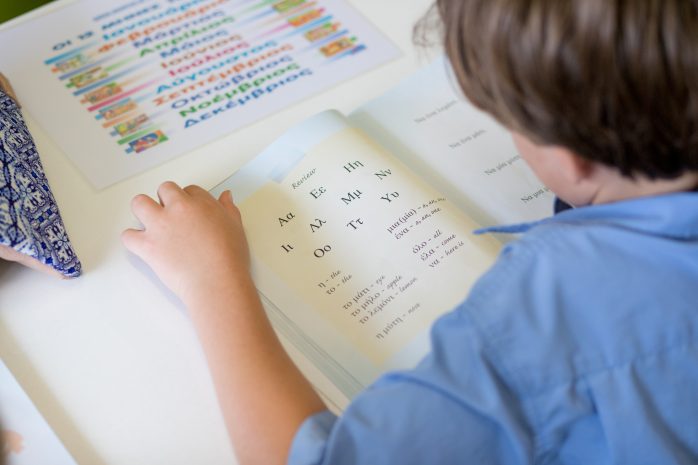More than half of the world’s population speaks more than one language on a daily basis. When children learn a second language it can have great benefits to their character development, opening and enriching young minds to have a better understanding of the world, its many diverse communities, and Australia’s place within it.
Why is learning a language important in our children’s education?
Learning a language contributes to a child’s holistic education and character development. It broadens the students’ general knowledge, increases their global awareness and understanding of the world’s vast existence of languages, cultures, traditions, and history. A language teaches a student resilience, respect and it offers students a wider perspective. It allows higher verbal and non-verbal intelligence which benefits academic progress. Language learning benefits higher-order and abstract thinking.
“… achieving proficiency in languages is one of the greatest learning experiences in the human condition … the compelling reasons for learning languages reside in the intellectual enrichment of the individual learner – a better understanding of the world, Australia’s place in it, and the many communities within it”. (Modern Greek K-10 Syllabus, p8)
This Key Learning Area of study is informed by the NSW Syllabus for the Australian Curriculum in Modern Greek K-10 Curriculum Syllabus.
Learning in this Key Learning Area enable students in K-6 to develop the acquisition of skills in communicating in Modern Greek, and the development and understanding of the language and culture of Greek- speaking communities.
- Students will develop the knowledge, understanding and the listening, reading, speaking and writing skills necessary for effective interaction in Modern Greek.
- Students will explore the nature of languages as systems by making comparisons between Modern Greek and English, leading to an appreciation of the correct application of linguistic structures and vocabulary.
- Students will develop knowledge of the culture of Greek-speaking communities and an understanding of the interdependence of language and culture, thereby encouraging reflection on their own cultural heritage.
Like all Key Learning Areas, “assessment for learning in Modern Greek is designed to enhance teaching and improve learning”.









